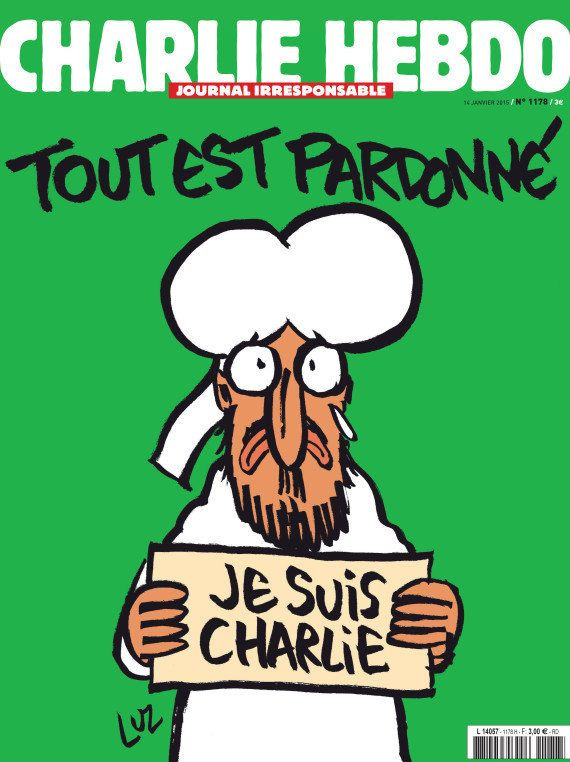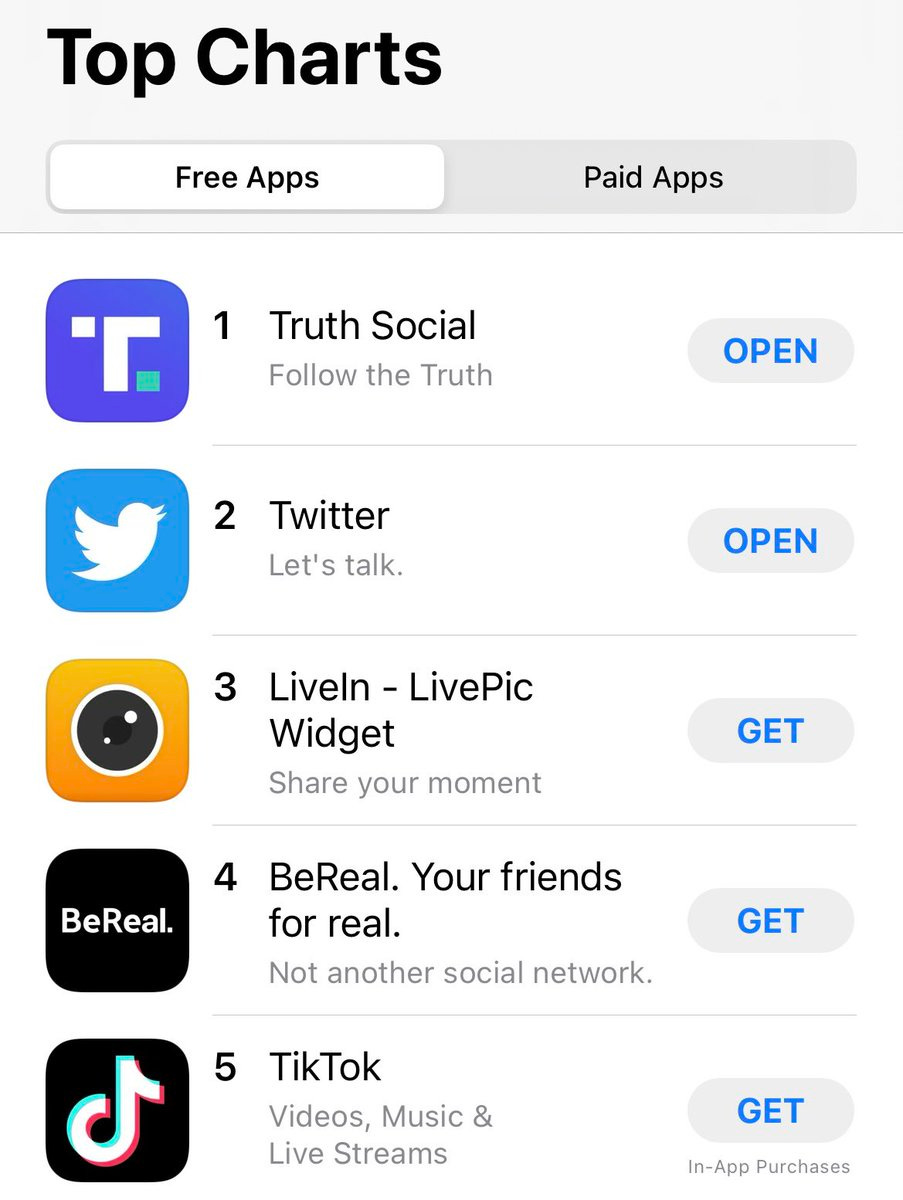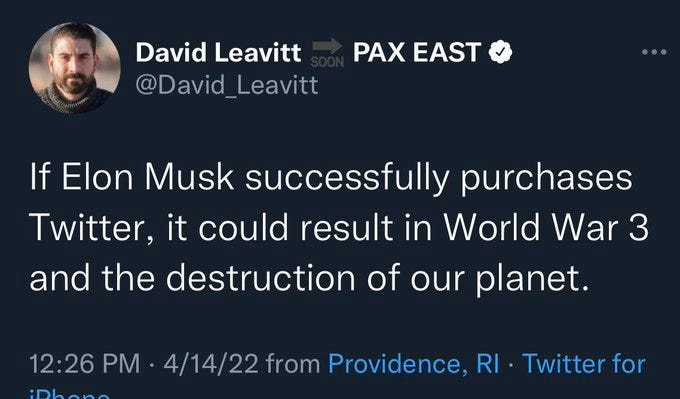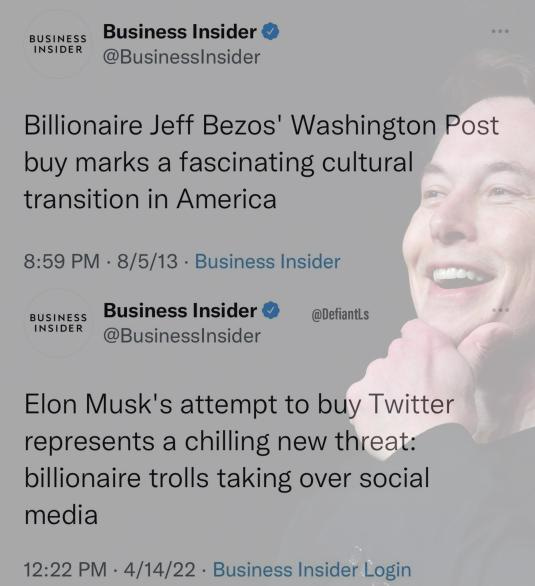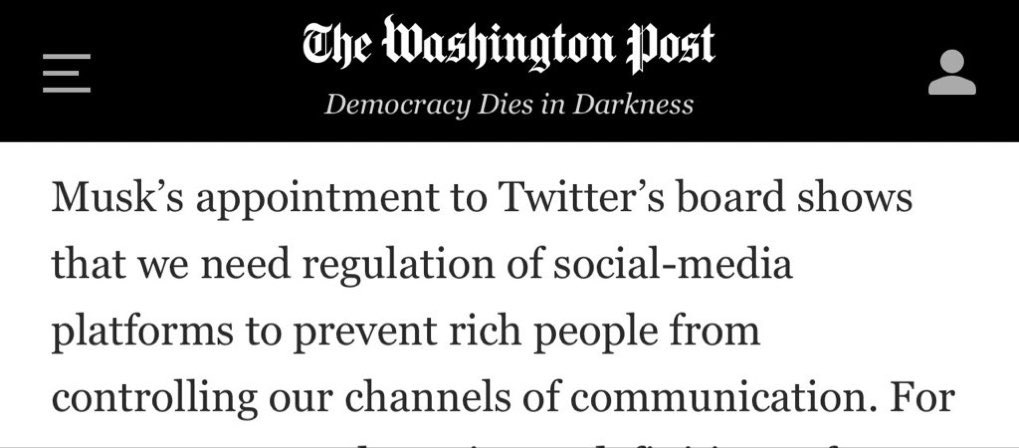Je Suis Charlie?
Remember #jesuischarlie, the hashtag that trended after the terrorist murder of 12 people working for the French satirical weekly newspaper Charlie Hebdo in Paris?
I do. I often think about it, and what it stood for. The hashtag was created on Twitter, to support Charlie Hebdo, the victims, freedom of press, speech, and expression. Yes, even if it is to draw mocking images of the Prophet Muhammad. Western freedom of speech was sacred, widely celebrated and untouchable.
I often think about the fact that there are people that changed their profile picture to support #jesuischarlie, only to jump on the Cancel Culture bandwagon a few years later - one in which people can be persecuted more easily and selectively, not only for what they say today, but also for what they said in the past or the way they said it. Even though not entirely similar, I personally think it’s pretty much impossible to support both causes in a logically consistent fashion.
As I am a strong supporter of as much freedom of speech as possible and firmly against cancel culture, I spent a lot of time following the news coverage on Elon Musk’s acquisition of Twitter. Disclaimer: I am a daily and avid user of Twitter. For the sake of the blog, I won’t write about the financial aspect of the Elon Musk deal or whether it could still go wrong and just assume it’s going through, but limit myself to a shout out of what I think is one of most hilarious highlights of the Saga:



Epic.
Anyway, I am happy that Twitter gets a new owner, at what I consider to be the zenith of censorship within Western culture, at least during my lifetime. Of course, the proof of whether Musk will do a good job is in the pudding, but at the very least, there is now a very lively public debate about freedom of speech, content moderation, how it should be done, etcetera, on what I and many others consider to be the digital town square of the political and intellectual elite of the Western world.
It should be underlined that anarchy and free speech are not the same at all. Free Speech has never meant “anything goes.” There’s plenty of legal precedents on that. What it means is that you don’t get to make up the rules as you please in order to censor your political opponents. The idea that there will be chaos under Musk is pretty absurd, even if he is sometimes extravagant. If anything, there will be more clarity, for better or worse.
Over the last couple of years, Twitter has slowly been moving away from being a place where free speech can thrive as much as possible, to a tool for narrative enforcement. Some people selectively get silenced, others don’t. I am happy to see that Musk says he will guarantee freedom of political dissent.
Can they?
Some people say that Twitter is a private company and can therefor do whatever they want when it comes to bans or censorship. I think this is a treacherous route to take in a proper debate. Very easy to dismantle. Of course they can, and in fact they do. The question is whether they should. Let’s take the banning of Trump as an example. Defenders of this decision will either use the above argument or say Trump incited violence. I think the latter is debatable, but I don’t need to argue that to make my case. Let’s say he did, in fact, incite violence, which is against the law. Why would censoring him instead of letting a court decide the correct punishment be the best strategic decision? How did it play out?
Trump was banned. Trump was then able to raise ~10 billion dollars for the creation of Truth Social, his new platform, which is now trending in the Apple store. Even moderate Trump supporters weren’t convinced of anything (except perhaps Twitter’s double standards), Trump’s strong base’s support even got stronger in some places, polarization increased, and it culminated in Twitter almost breaching fiduciary duty to avoid being bought by Elon Musk, after which they…got bought by Elon Musk.
So, sure they can, but it’s not a very impressive outcome. Well played, I guess? Twitter, the world, society….feels like everybody lost, and content moderation on Truth Social will be difficult at best. It seems pretty trivial to me that the ‘can’ argument is no good. Not everything that is possible or allowed is strategically sound. Even if one could objectively say something is warranted (and that is very difficult to do), it still doesn’t make it effective.
The Apple store:
Tangent: don’t read this and think ‘oh Nils likes Trump’. I obviously don’t. I think choosing between two old and wealthy candidates might once upon a time have been a proudly obtained privilege, but is clearly outdated and reaching absurdity. I believe in democracy and therefor believe my generation deserves improvement on all levels to the way it functions, most notably by increasing transparency and accountability. I believe that significant upgrades are way overdue and that it should be trivially easy to improve a system where we get to vote once every 4 years (on a person, not even on clear projects with deliverables and accountability). Even in Europe, we are more often than not still getting offered a borderline false choice between candidates that effectively are more similar than different, within a closed spectrum of acceptable opinion and in a context where more and more powers gets shifted away to overarching bureaucratic organs while some topics are literally never discussed. But today I’m just here for the free speech. This is not a ‘right-wing talking point’. Moving on..
OK then…
Lots of aspects about this whole story, both Twitter’s previous actions and current coverage, are selective. And I think this selectivity hurts credibility in a few ways.
Firstly, who exactly gets deplatformed? The Kremlin, the Taliban and many other dubious actors have accounts on Twitter. This tweet is borderline violent. Why Trump and not the Taliban?
Secondly, which ideas get censored. There are myriad examples of accounts getting banned for expressing opinions on Covid policy, that would now be accepted as consensus, but weren’t at the time. Or certain economists or journalists warning that inflation was probably coming, which is now proven correct. Or disagreements about gender politics, in which the more conservative side of the argument is the one that gets de-platformed. It is especially this slippery slope of selective de-platforming to protect the ‘official narrative’ that was making Twitter less and less usable and which culminated into Musk stepping up. I want to underline here that you can’t truly achieve diversity through some kind of artificially enforced uniformity of thought.
Thirdly, the selectively used billionaire narrative. Should a billionaire get to make decisions about free speech? It’s not ideal, but if 'Rich people buying media platforms' were a serious concern, I probably would have heard more about it from the outraged mob last month, when every major media platform was... already owned by rich people. And do you really think ’reputable’ newspapers like the New York Times are flawless? So why mostly attack the guy that is vocally pro-freedom of speech and transparency more than the others? Where does this selective outrage come from? I’d like to see how it plays out that one of them will actually be held accountable rather than sit in the shadows, Lagardère style. And what is the alternative? Do I know for sure if Musk is going to do a great job? No. But I’d like to see him try, because the people currently in charge are for sure doing a bad one.
When it comes to questions like how to moderate speech on Twitter, in the end a decision is going to be made somewhere. To simply say “I don’t want billionaires doing it,” is not an answer. Would you rather it be the Twitter “Trust and Safety Council”? What kind of people are drawn to such jobs? Or should it be government that regulates speech? If you think so, be honest and make the case for the wisdom and benevolence of federal bureaucrats, and the journalists and activists who have the most influence over them. That is not a winning argument, which is why those who want government to play a large role here tend to have trouble explaining how the specifics of their preferred system is supposed to work.
So I’ll play devil’s advocate. Even though very, very far from perfect, self-made billionaires have achieved their success through market processes, which is more indicative of an ability to solve problems than success in academia or government. Someone who builds rocket ships, founds Tesla or PayPal, is likely to have better ideas on how to run society than someone who has successfully navigated a bureaucracy or whose career has been based on succeeding at “peer review,” or writing words on paper that are approved by other people who have also gotten where they are by writing words on paper that were approved of by others who wrote words on paper.
Buying Twitter perhaps doesn't make business sense. This idea has been used to call Musk stupid, as well as an evil mastermind. But personally, I strongly believe he is chaotic good. He instantiates his values in companies that usually succeed, whether it be (democratizing) payments, pushing green energy to fight climate change, or space discovery. Now, speech - at a moment where censorship and authoritarianism is higher than it has been in the last decades.
The proof is in the pudding. I can’t wait to see it in practice and sincerely hope it happens. And then I would like to see if all other platforms are also willing to make their algorithms transparent and open source. I think it would be Elon Musk’s true legacy for humankind.
If I’m wrong, that’s fine - I’ll just change my mind:) If we disagree, that's fine, because, to be clear, I believe that you can think and say what you want, to the maximum extent possible, within the confines of the law. Censorship’s historical track record is dismal and its use should be absolutely minimal.
And I will add this: Elon Musk running Twitter and tackling the freedom of speech debate has way more Upside than downside. For his fans as well as for his detractors.



